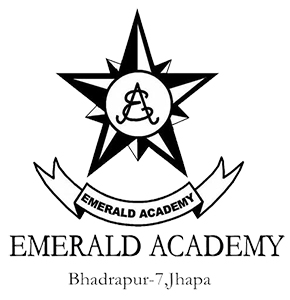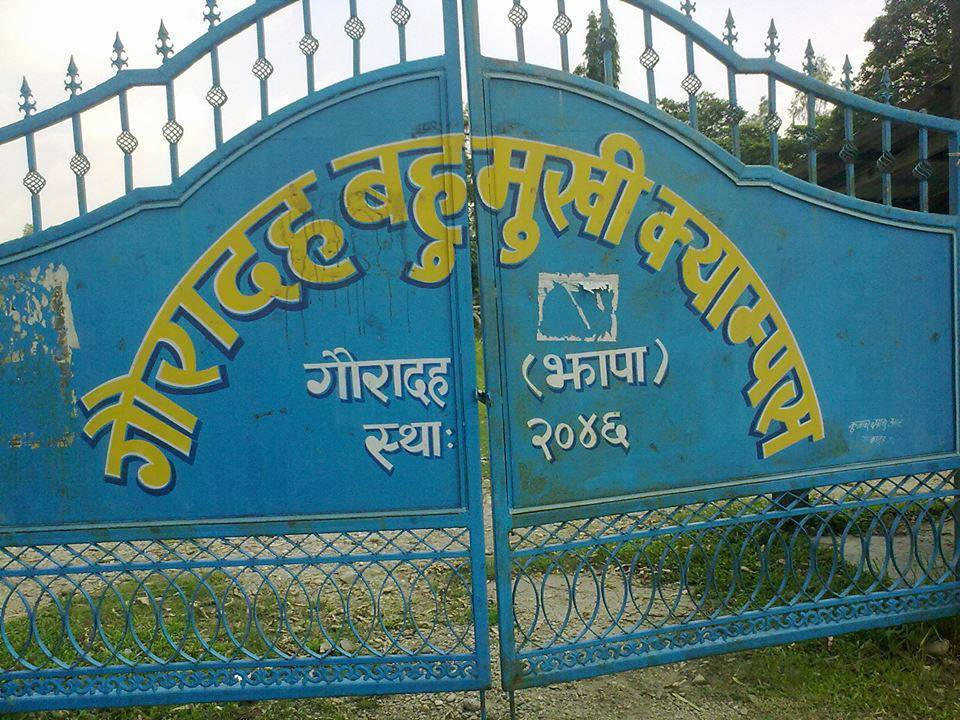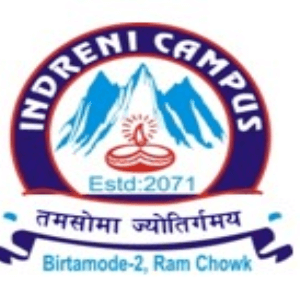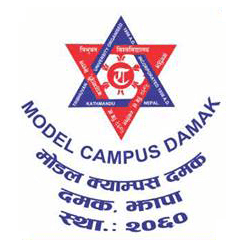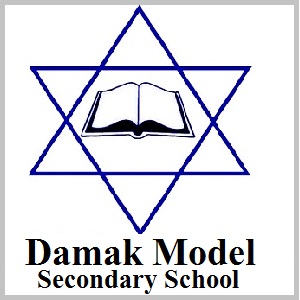Overview
Ten Plus Two (10+2) in Science at Damak Multiple Campus, Jhapa
The Ten Plus Two Science program at Damak Multiple Campus (DMC), Jhapa, is a recognized academic path under the National Examination Board (NEB).
It is suitable for students who wish to pursue further studies in medicine, engineering, information technology, or the natural sciences.
This course lays the foundation for higher-level studies that involve analytical reasoning, laboratory methods, and scientific concepts.
Highlights
-
Level: Secondary (+2), NEB Curriculum
-
Location: Damak-9, Jhapa
-
Affiliation: National Examination Board (NEB), Nepal
-
Duration: Two academic years (Grade 11 and 12)
-
Teaching Language: English and Nepali
-
Eligibility: SEE graduates with a GPA of 1.6 or above
-
Course Options: Biological, Physical, and Computer Groups

Curriculum Details
The program includes three subject groups:
-
Biological Group: for students interested in health sciences or agriculture
-
Physical Group: for those leaning towards engineering or physical sciences
-
Computer Group: for those aiming for information and communication technologies
Core Subjects:
-
English
-
Nepali
-
Mathematics, Social Studies, and Life Skills
Science Options:
-
Physics
-
Chemistry
-
Biology
-
Mathematics
-
Computer Science (optional in some groups)
The syllabus emphasizes a balance between classroom learning and practical exposure through labs and projects.
Objectives
-
To introduce scientific methods, reasoning, and structured problem-solving
-
To prepare students for future entrance tests and university-level studies
-
To strengthen foundations in subjects needed for further education in health, engineering, or applied science
Scope
After completion, students can pursue:
-
Medical fields: MBBS, BDS, B.Sc. Nursing, Public Health, Pharmacy, Medical Laboratory Sciences
-
Engineering: Civil, Computer, Electrical, Electronics, Biomedical, Geomatics
-
Information Technology: BCA, BSc CSIT, BE-IT, Software Engineering
-
General Science: B.Sc. in Physics, Chemistry, Microbiology, Botany, Zoology, Statistics
-
Other pathways: Students may also choose management-related courses like BBS, BBA, or hospitality studies
Learning Outcomes
By the end of the course, students are expected to:
-
Demonstrate understanding of core principles in science
-
Apply basic lab techniques and scientific tools
-
Solve problems through logic and evidence-based thinking
-
Prepare confidently for entrance exams and higher education
-
Manage academic tasks independently and collaborate in groups
Skill Development Modules
-
Observation, experimentation, and documentation
-
Problem-solving and interpretation of scientific data
-
Hands-on use of lab equipment
-
Academic writing and presentations
-
Basic computing and information analysis (for IT track)
Teaching Methodology
Classes follow a structured timetable that combines lectures with regular lab work, internal assessments, and group tasks. Teachers use examples and visual aids to help students connect theoretical topics to their daily lives. Progress is monitored through class tests, practicals, and assignments.
Admission Requirements
-
SEE completion with a minimum GPA of 1.6
-
Academic records from Grade 10, including transcript and character certificate
-
Students with stronger grades in Science and Mathematics are more likely to secure a place in their preferred subject group
-
Admission may include an entrance evaluation, depending on intake demand
Career Opportunities
Although most students continue to bachelor’s programs, some may:
-
Provide private tutoring for school-level science and math
-
Prepare for general-level government exams
-
Assist in school labs or computer centers as junior support staff
The real opportunities emerge once higher education is pursued, especially in fields such as medicine, engineering, and the applied sciences.
Scholarships and Financial Aid
Damak Multiple Campus supports students from diverse backgrounds. Need-based and merit-based scholarships are available. There are reserved quotas for students from rural regions, low-income families, and underrepresented groups. All financial aid processes are handled through open and accountable procedures.
Why Choose This Course?
-
Offers strong preparation for advanced studies in health, engineering, and technology
-
Includes experienced instructors and science labs for practical learning
-
Encourages discipline, critical thinking, and teamwork
-
Allows flexibility for students to shift toward other fields, such as management or environmental studies
-
Affordable and accessible for students across Province 1
Conclusion
The Ten Plus Two in Science program at Damak Multiple Campus is a practical choice for students aiming to build their academic future in scientific or technical areas. It equips them with foundational knowledge and practical exposure necessary for university-level study. Supported by a committed faculty and a well-maintained learning environment, this program provides the academic discipline and sufficient flexibility to meet future educational and career goals.


.png)
